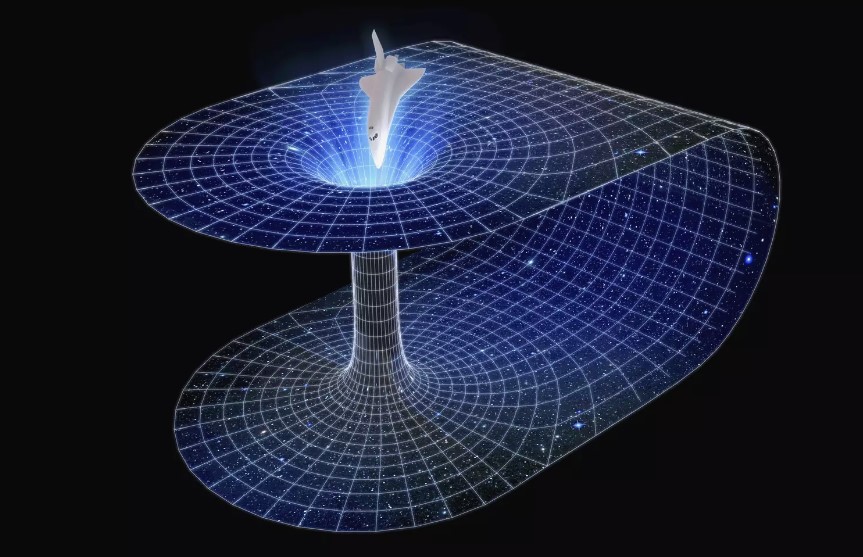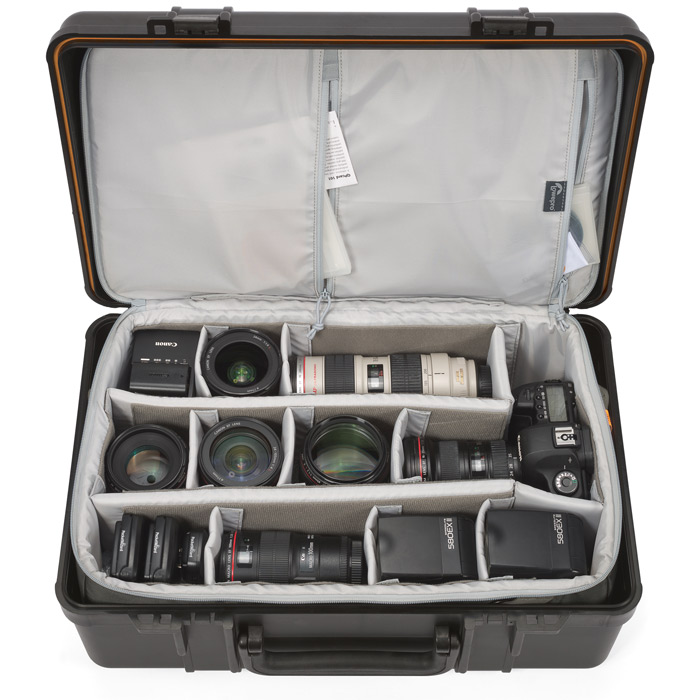Is Time Travel Possible has been a captivating topic for scientists, philosophers, and writers alike, inspiring countless discussions and works of fiction. The idea of journeying through time, whether to explore the past or glimpse the future, has stirred imaginations and raised profound questions about the nature of reality and causality. In this article, we delve into the intriguing concept of whether Is Time Travel Possible, exploring its theoretical possibilities, scientific basis, and the limitations that challenge its realization.
Understanding Is Time Travel Possible
What is Time Travel?
Is Time Travel Possible refers to the hypothetical ability to move backward or forward in time, defying the traditional linear progression of events experienced in everyday life. It encompasses various theoretical constructs and scientific conjectures that explore the manipulation of time’s arrow.
Theoretical Possibilities
According to Einstein’s theory of relativity, time is not a constant but is relative and can be affected by factors like gravity and velocity. This principle opens up the possibility of time dilation, where time passes at different rates for observers in different frames of reference.
The Concept of Time
Einstein’s Theory of Relativity
Einstein’s groundbreaking theories provided the foundation for modern physics and introduced the concept of space-time—a unified continuum where time is intertwined with the three dimensions of space.
Time Dilation
One of the key implications of relativity is time dilation, where time appears to move slower in stronger gravitational fields or at near-light speeds. This phenomenon has practical implications for space travel and satellite communications.
Wormholes and Black Holes
Creating Bridges in Space-Time
Wormholes, theoretical passages through space-time, have been proposed as potential shortcuts for traversing vast cosmic distances or even traveling through time.
Navigating Wormholes
Navigating a wormhole safely would require exotic matter with negative energy density to stabilize the passage against collapsing under its gravitational forces.
Grandfather Paradox
Consequences of Altering the Past
The grandfather paradox poses a logical conundrum—if one were to travel back in time and prevent their grandparents from meeting, would they cease to exist?
Debates and Resolutions
Proposed solutions to the paradox include branching timelines or self-consistency principles that ensure events remain internally consistent even with time travel.
Quantum Mechanics and Is Time Travel Possible
Quantum Entanglement and Time Travel
Some theories suggest that manipulating quantum entanglement could provide a pathway to temporal manipulation, although this remains speculative.
Multiverse Theories
The concept of parallel universes or the multiverse introduces the idea that every possible outcome of events exists in separate realities, each potentially accessible through advanced technology.
Time Travel in Popular Culture
Depictions in Movies and Literature
Time travel has been a staple of science fiction, from H.G. Wells’ “The Time Machine” to advanced blockbusters like “Back to Long-standing Time” and “Interstellar.”
Influence on Scientific Imagination
The portrayal of time travel in media has influenced scientific discourse and inspired researchers to explore unconventional ideas.
Challenges and Limitations Is Time Travel Possible
Technological Barriers
The practical realization of time travel requires technologies far beyond our current capabilities, including vast energy requirements and control over space-time.
Ethical Considerations
The ability to alter past events raises profound ethical questions about responsibility, causality, and the preservation of history.
Alternate Theories of Time Manipulation
Time Loops and Causality
Concepts like time loops or causal loops suggest that events can be self-referential, with causes originating from their effects.
Parallel Universes and Time Jumps
The notion of parallel realities or branching timelines offers alternative models for temporal exploration that sidestep the classical paradoxes.
Recent Scientific Experiments and Research
Advancements in Quantum Computing
Advances in quantum computing have led to experiments exploring the behavior of particles at the quantum level, shedding light on fundamental aspects of time and causality.
Temporal Dynamics in Quantum Systems
Emerging research suggests that quantum systems may exhibit behavior resembling time travel at microscopic scales, although practical applications remain speculative.
The Search for Evidence
Temporal Anomalies and Observations
Anomalies in cosmological observations or unexplained phenomena sometimes spark speculation about temporal disruptions or exotic forms of matter.
Experimental Findings
While no direct evidence of time travel exists, ongoing scientific inquiry continues to push the boundaries of our understanding of time and space.
Ethical Implications of Is Time Travel Possible
Changing the Course of History
The prospect of altering historical events raises profound moral dilemmas, as the consequences of such actions could be unpredictable and irreversible.
Responsibility and Accountability
Ethical frameworks for time travel must address issues of accountability and the potential impact on the fabric of reality itself.
The Future of Is Time Travel Possible
Technological Predictions
Speculative technologies like warp drives or traversable wormholes could one day enable controlled journeys through time.
Speculations on Feasibility
While the current scientific consensus views time travel as highly improbable, ongoing research in theoretical physics keeps the door open to unexpected discoveries.
Conclusion
The concept of Is Time Travel Possible fascinates us with its possibilities and challenges our understanding of the universe. While science has made significant strides in unraveling the mysteries of time, true time travel remains firmly in the realm of theory and imagination.










